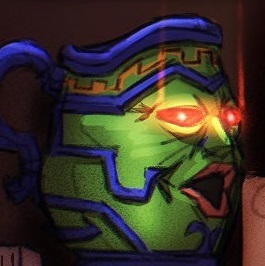Hello comrades, it's time for our third discussion thread for The Will to Change, covering Chapters 6 (Work: What's Love Got To Do With It?) and 7 (Feminist Manhood). Thanks to everyone who participated the last few weeks, I’m looking forward to hearing everyone’s thoughts again. And if you’re just joining the book club this week, welcome!
Chapter 6 discusses the role of work under patriarchy and how capitalism forces men and women alike to not only work long hours to survive, but to prioritize supporting themselves and their families financially over any sort of healing and growing. Chapter 7 delves into how men can apply feminist thought practically to support the well-being of themselves and the people around them.
If you haven't read the book yet but would like to, its available free on the Internet Archive in text form, as well as an audiobook on Youtube with content warnings at the start of each chapter, courtesy of the Anarchist Audio Library, and as an audiobook on our very own TankieTube! (note: the YT version is missing the Preface but the Tankietube version has it)
As always let me know if you'd like to be added to the ping list!
Our next discussion will be on Chapters 8 (Popular Culture: Media Masculinity) and 9 (Healing Male Spirit), beginning on 12/25. That thread will likely stay up a little longer than usual as I'm sure many people will be busy around the end of the year and I want to give everyone the opportunity to share their thoughts.

Chapter 7 was real refreshing. This I think is what I was expecting early on but now I see the necessity in the previous chapters, even if I thought I was familiar with the subject. You need all that context to truly imagine the alternative. The notions of "selfhood" near the end resonated with me. Its something I've thought before but articulated far better then I could have. A more communal, more relational form of being.
I'm excited to keep reading, I feel I need to do more reflecting on this chapter, but it left me feeling optimistic. Mainly, as a father, knowing that deepening my understanding and being able to articulate and demonstrate an alternative will untimely benefit my kids.